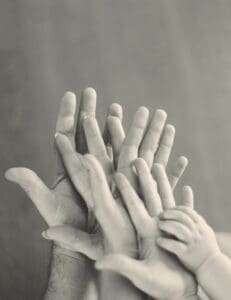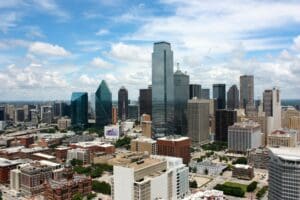Universal basic income could change more than how we work
The emergency response benefit has given me a taste of what I could contribute if a basic income program were implemented
Some people see the Canada Emergency Response Benefit (CERB) as a load of government debt that will burden future generations. Manitoba Premier Brian Pallister has said the benefit pays people not to work, weakening our economy. My personal story of receiving the CERB, and my faith, compel me to think differently.
I was laid off in March, so my activities since then don’t count by traditional economic measures like gross domestic product (GDP). GDP basically measures how much money is being exchanged. It is often used as a primary indicator of economic and social well-being. The CERB has helped me explore how I can benefit society beyond paid work — endeavours that could be continued if a universal basic income program was implemented after the COVID-19 crisis.
Instead of job-hunting, I planned a day for my neighbours to connect over music at a safe distance. I am also training to volunteer with Storytelling Alberta, sharing stories with seniors over the phone.
Because my partner is still working, the CERB provides more than we need to pay the bills. We have increased our charitable giving to show gratitude for the financial support and care for our community.
With support coming in, I can maintain the savings I have, and go back to school this fall. I have been accepted to a program in therapeutic recreation, so I can help seniors stay happy, healthy and socially connected.
I have a lot of privilege. Even having money saved up is not the norm. I’m grateful, and want to live generously. The CERB has allowed me to pursue that, and a future universal basic income would free me to do more things I find valuable, with less concern for how much I get paid.
A universal basic income, guaranteeing financial stability through monthly payments, would certainly change the way people work. But it would also change the way people volunteer and care for each other. Some might work part-time so they could be with their kids more. Others might spend an hour gardening instead of driving an hour to work. We could find richness in ways well beyond GDP (though improved financial stability might also boost GDP through increased consumer confidence).
The CERB also represents an opportunity for political engagement as churches. As followers of Jesus, we proclaim values like social justice, mutual support and simple living. The CERB shows how policies and spending programs can bring our values to life in the public sphere.
While some Christians are wary of state politics, we cannot let theological hang-ups stop us from actively supporting measures that could change so many lives. Political engagement is not the only way to live out our values, but it is important because of how many people, especially the most vulnerable, are impacted by government decisions.
We should be skeptical about the potential for governments, captive to the whims of voters and the lust for power, to act for justice. We should never confuse the Crown of Canada with the Kingdom of God. But we should encourage the best possible use of power for what good it can achieve.
I am grateful for the CERB and its positive impact in my life. Please remember my story is not only personal. It’s political. I am in this position largely because of a specific government policy. Policies matter, and as Christians we need to speak up for policies that promote social justice.
Christian theology says little about GDP. It says a lot about caring for each other. Let’s keep that in mind when we hear about governments paying people not to work.




















